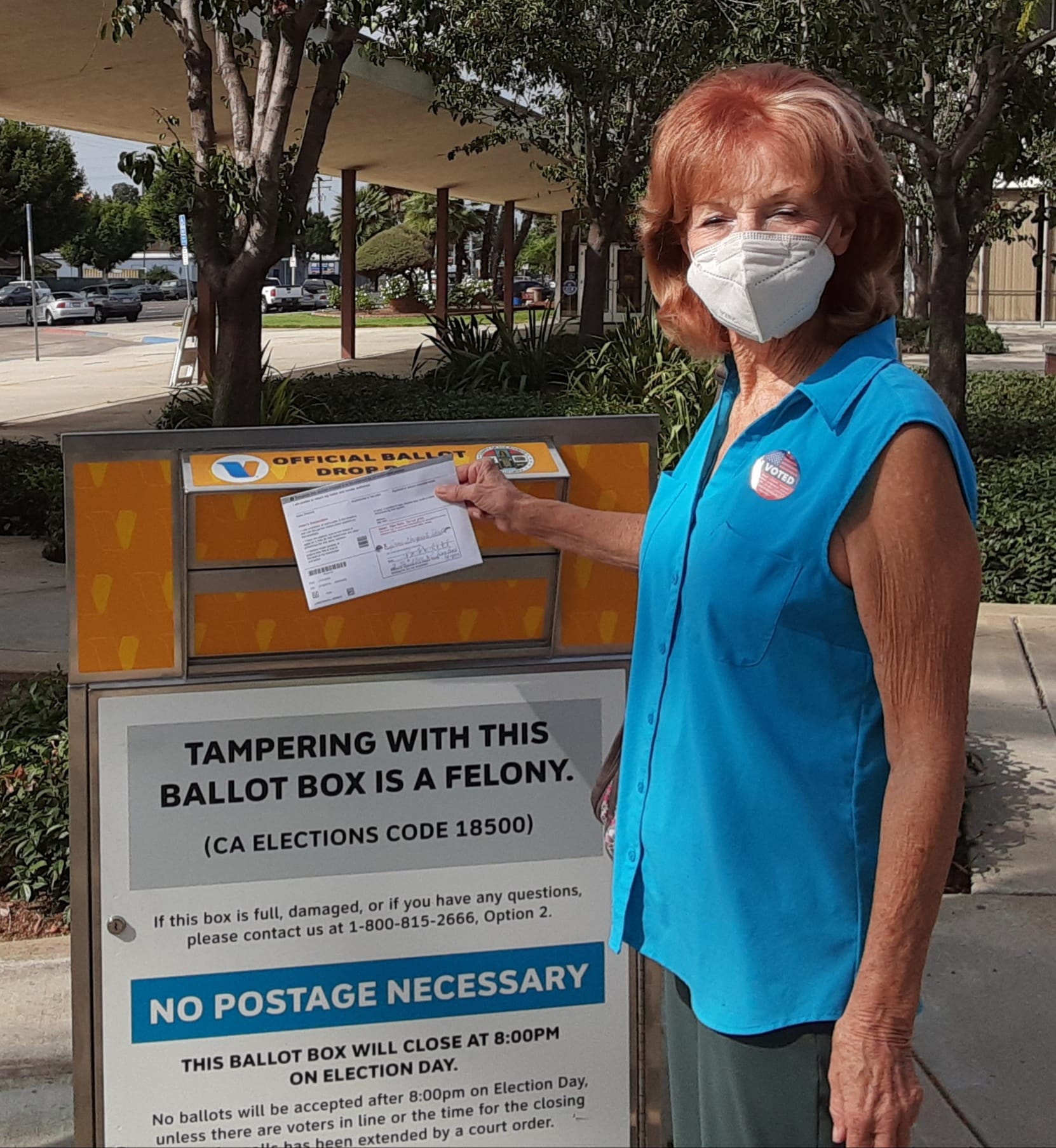In February 2000, Jane Dorotik’s life turned upside down when her husband was discovered dead in the woods. While still reeling from this tragedy, she found herself arrested and charged with his murder. Prosecutors presented evidence linking her to the crime, resulting in her conviction and imprisonment. However, throughout her ordeal, Jane consistently asserted her innocence. It wasn’t until 2020 that her conviction was overturned. CBS’ ’48 Hours’ episode titled ‘The Troubled Case Against Jane Dorotik’ provides a detailed account of her arrest and the ensuing legal struggle.
Jane Dorotik was Found Guilty of Her Husband’s Murder
Jane Dorotik was known for her strong work ethic and ambition. With a nursing degree under her belt, she secured a reputable position in the pediatric department at UCLA Hospital. In the late 1960s, she crossed paths with Robert Dorotik, and after a period of courtship, they tied the knot in 1970. Together, they embarked on building a family in San Diego California, and were blessed with three children: a daughter named Claire and two sons named Alex and Nicholas.

As the years passed, Jane and Robert’s marriage began to deteriorate, leading Robert to file for divorce in 1997. Allegedly, a major contributing factor to this split was Robert’s lack of stable employment, while Jane earned a substantial salary as a healthcare administrator. Many of their arguments reportedly revolved around financial disagreements. Despite attempts at reconciliation, their efforts were short-lived. Then, on February 13, 2000, Robert went for a run near the family’s ranch but failed to return home. Jane waited for his return, but after approximately 15 hours had elapsed, she reported him missing.
The police thus initiated a search for Robert, and the following morning, on February 14, they discovered his body in a wooded area a few miles from the road. He had sustained significant head trauma, but due to the absence of sufficient blood at the scene, authorities ruled out the possibility of a hit-and-run incident, deducing that he had likely died elsewhere. Subsequently, a homicide investigation was launched, and the coroner’s report determined that Robert had succumbed to blunt force trauma to the head and strangulation.
The police discovered tire marks and footprints near Robert’s body, along with blood in one of the bedrooms of his home as well as a syringe bearing a blood fingerprint. Prosecutors at the time hence honed in on Jane as their prime suspect, theorizing that her motive for the murder stemmed from their impending divorce, suggesting she sought to avoid paying him alimony. They alleged that the fingerprint on the syringe matched Jane’s and that the tire marks near the crime scene belonged to her car. They further contended that she had administered tranquilizers to Robert before killing him in the bedroom and subsequently disposing of his body in the woods. They posited that this explained the 15-hour delay in Jane reporting him missing.
In May 2001, Jane’s trial commenced, and as part of her defense, she asserted that it was her daughter Claire who had committed the murder, while she had merely cleaned up the crime scene. She also maintained that the blood found in the room was from a nosebleed that Robert had experienced. However, her sons testified against her, and her daughter invoked her Fifth Amendment right against self-incrimination. Therefore, she was ultimately convicted of first-degree murder and sentenced to 25 years to life in prison.
Jane Dorotik is a Free Woman Today

Jane Dorotik remained steadfast in her pursuit of exoneration, contending that the investigation had been prejudiced from the outset, with selective DNA testing leading to her wrongful implication. With the support of the Loyola Project for the Innocent later on, she continued to challenge her conviction. In 2015 after winning a motion, new DNA testing was conducted on the rope found near Robert Dorotik’s body and the DNA retrieved from beneath his fingernails. The results revealed that the DNA did not match Jane’s, but rather belonged to an unidentified male.
In her appeal, Jane contended that police officers and certain criminalists involved in the case had suppressed and misrepresented forensic evidence that could have exonerated her, including evidence pointing to other potential suspects. Following her persistent efforts, her conviction was overturned in 2022, leading to her release from prison. By this time in 2020, Jane had evolved into a prison rights activist. Upon her release, she returned to San Diego, where she had the opportunity to reconnect with her passion for horses. Additionally, she actively participated and voted in the 2020 elections, embracing her newfound freedom and engaging in civic activities.
Despite being warned by her defense team about the possibility of facing a retrial, in May 2022, the case against Jane was ultimately dismissed. The judge ruled that certain evidence used in her case was inadmissible, and the remaining evidence was insufficient to establish guilt beyond a reasonable doubt. Subsequently, in 2023, Jane decided to file a lawsuit against three detectives, one deputy of the San Diego Sheriff’s Department, two criminalists, and a supervisor at the San Diego County Regional Crime Lab, as well as two criminalists from a private lab. She accused them of fabricating evidence and engaging in malfeasance. While the case is ongoing, Jane, now 75, remains hopeful that she will receive the justice she deserves, which she believes was unjustly taken away from her.
Read More: Where is Claire Dorotik Now?


You must be logged in to post a comment.